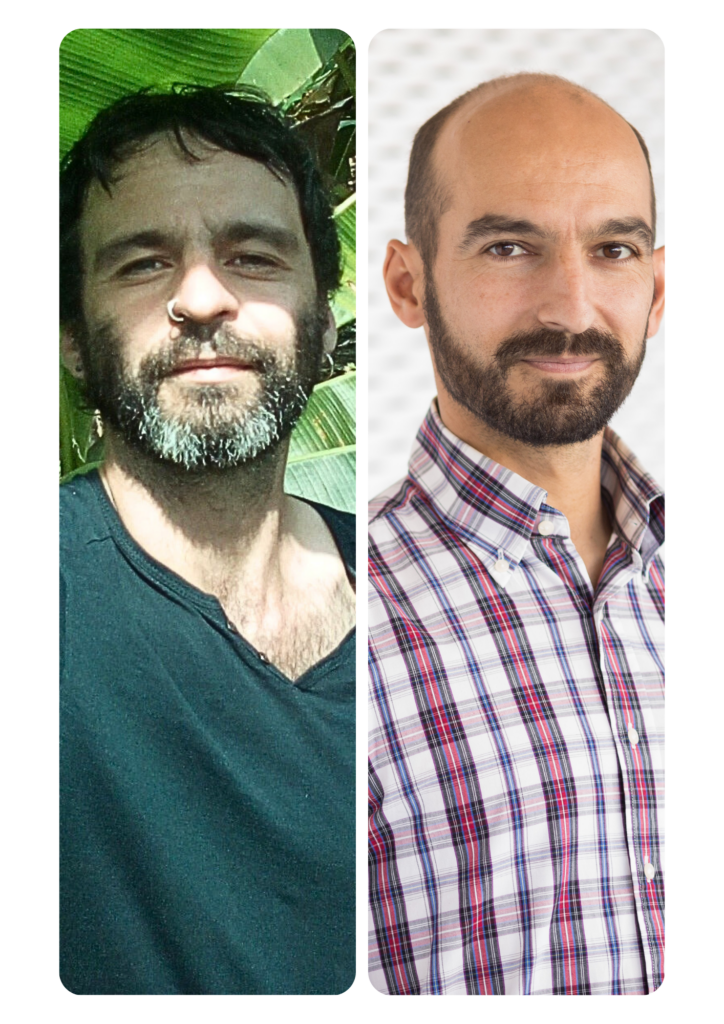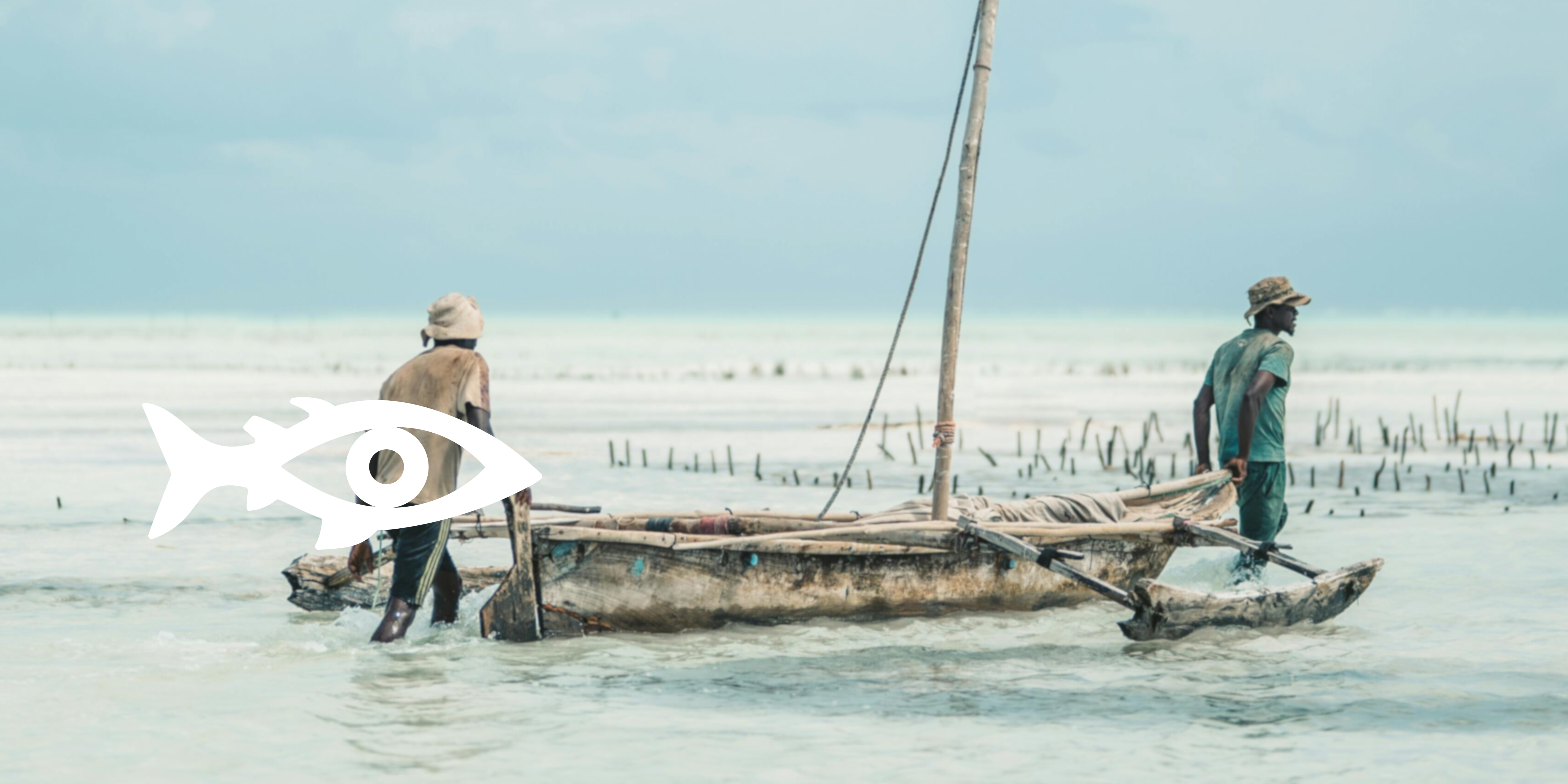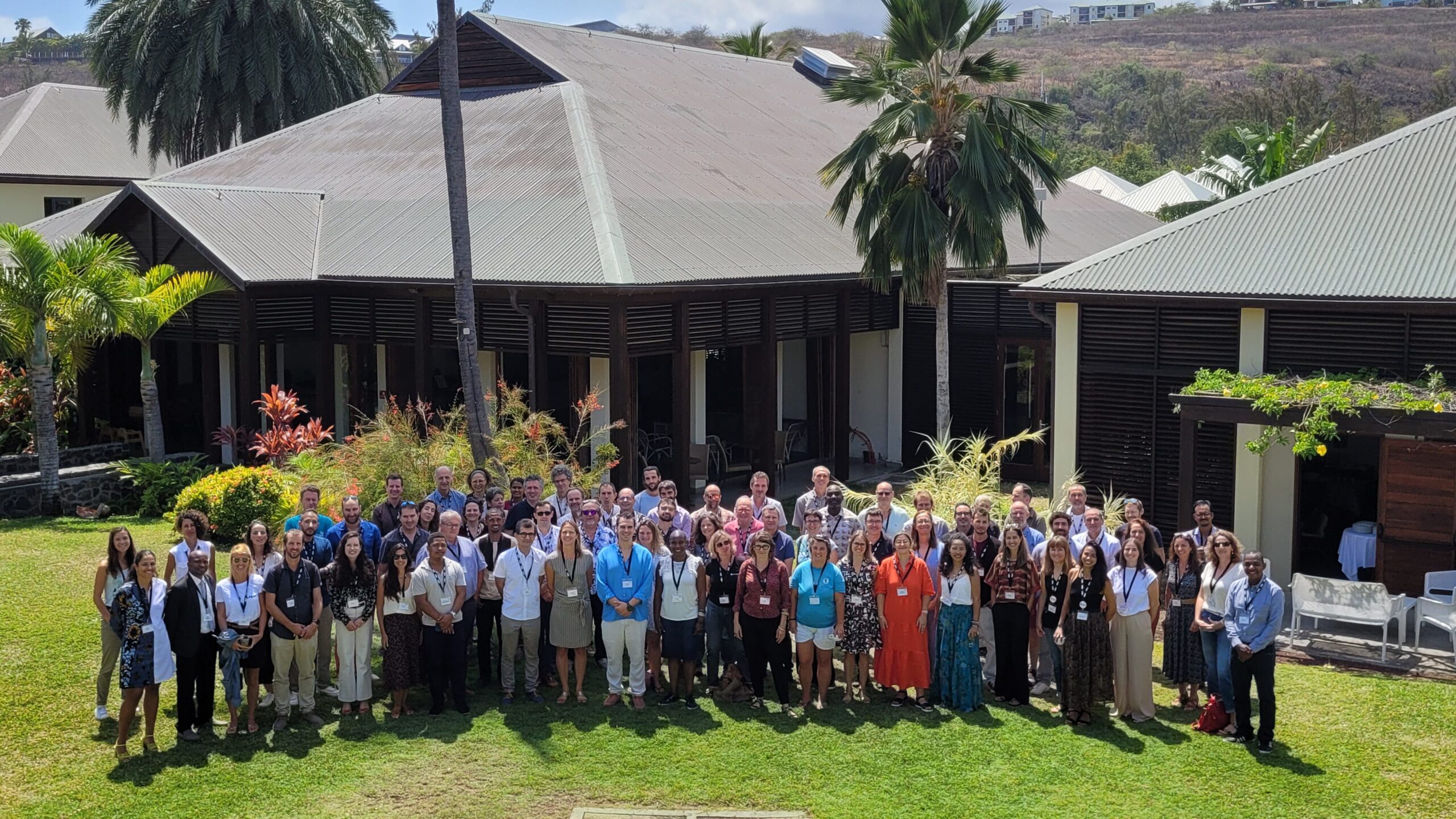
OOSC 2025 : Identifying marine priority areas
by 2030 in the South West Indian Ocean
At the One Ocean Science Congress (OOSC) 2025, Hugo Deléglise, Ignacio Palomo and Pierre Brasseur will present their poster entitled: “A social-ecological approach to identify marine priority areas for conservation under the Kunming-Montreal Global Biodiversity Framework in the South West Indian Ocean region (SWIO 30*30)” (ref. OOS2025-524).
The SWIO 30*30 project aims to identify priority areas for marine conservation in the South West Indian Ocean (including Madagascar, Mozambique, Reunion, Mayotte and the Comoros), in order to contribute to the global goal of the Convention on Biological Diversity: to protect 30% of marine areas by 2030. The region, although endowed with exceptional biodiversity, is subject to severe pressures – overfishing, pollution, habitat degradation – and is still far from achieving its protection objectives, underlining the urgent need for strategic, contextualized and equitable planning. The approach developed is based on three pillars:
1. The integration of high quality and relevant heterogeneous data (biodiversity, ecosystem services, human uses) from satellite or in situ observatories, or from marine environmental monitoring programs.
2. The use of data science to optimize the selection of priority areas. Using appropriate techniques, including mathematical optimization and simulation methods, it is possible to take into account multiple factors simultaneously to guide decisions.
3. A co-construction approach with local stakeholders: the project adopts a participatory approach, involving researchers, managers, local communities and decision-makers from the earliest stages to ensure that the proposed protected areas are realistic, culturally relevant and likely to be implemented sustainably.
To explore possible trade-offs between conservation objectives and socio-economic needs, the project may, for example, develop four contrasting scenarios: (1) a Biodiversity scenario focusing solely on ecological protection; (2) a Socio-ecological scenario integrating ecosystem services (e.g. linked to fishing and tourism); (3) a Pragmatic scenario taking into account human pressures; and (4) an Integrated scenario combining all these criteria with an emphasis on ecological connectivity.
The project is fully in line with the dynamics of the BRIDGES research program, in particular BRIDGES AVATAR, combining complex modeling, integration of diverse data and simulations of scenarios co-constructed with local stakeholders.
Portraits

Hugo Deléglise (left) has a PhD in computer science, is a postdoctoral researcher at the IGE and specializes in data science applied to social-ecological systems. He develops statistical, machine learning and AI tools for the analysis of heterogeneous data (quantitative, images, text). His research, carried out in collaboration with partners in the Global South, has focused on issues such as food security in Burkina Faso, epidemiological surveillance in Cameroon and conservation planning in Peru. He played a central role in the Peru 30×30 project, which combines data science and support for Peruvian conservation policies.
Ignacio Palomo (right) is an ecologist and IRD researcher at the Institut des Géosciences de l’Environnement (IGE) in France, specializing in social-ecological systems and conservation planning. He holds a PhD from the Autonomous University of Madrid, he has conducted research on ecosystem services in protected areas worldwide. He is the coordinator of the Peru 30×30 project (2022-2024), which combines scientific data, spatial technologies and local participation to identify priority areas for marine conservation, in line with the objectives of the Convention on Biological Diversity. This project serves as the methodological basis for SWIO 30*30.
More news News


